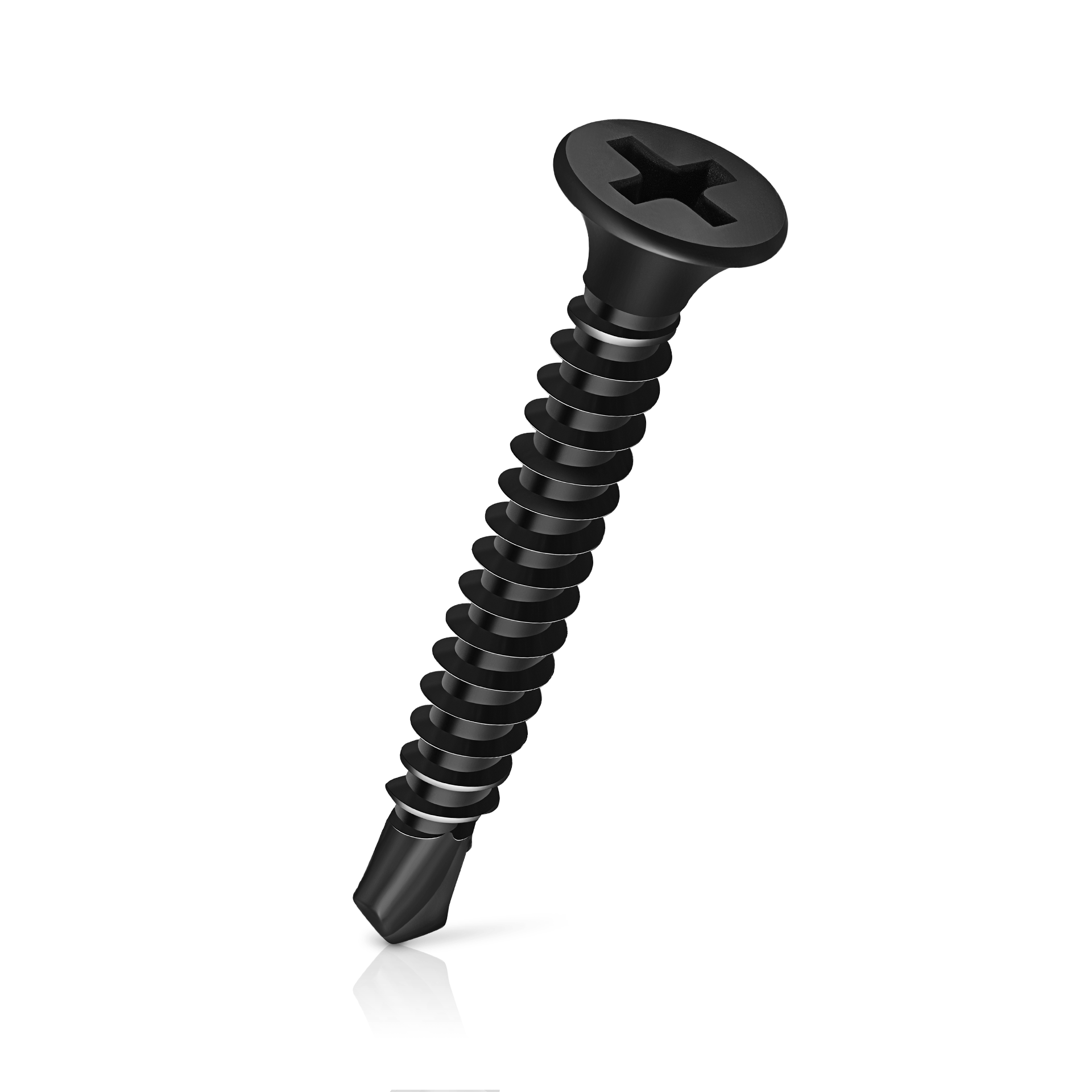drywall screw sizes mm manufacturer
Understanding Drywall Screw Sizes in Millimeters A Guide for Manufacturers
Drywall screws, essential in modern construction, are designed specifically for securing gypsum board to framing. These screws are available in various sizes, and selecting the proper size is crucial for ensuring a secure and stable installation. This article outlines the importance of drywall screw sizes, particularly in millimeters, and highlights considerations for manufacturers in the industry.
The Importance of Size
Drywall screws come in a range of lengths, usually measured in millimeters (mm), to accommodate different thicknesses of drywall and the specific requirements of the framing material. Common sizes include 25 mm, 35 mm, 38 mm, 45 mm, and 50 mm, among others. The length you choose will depend on whether you are working with standard 12.5 mm or thicker drywall, as well as the type of wooden or metal studs.
Using the correct screw size is vital. If the screw is too short, it may not penetrate deep enough to hold the drywall securely, leading to sagging or detachment. Conversely, screws that are too long can penetrate too far into the stud, risking damage to electrical wiring or plumbing and creating additional costs for repairs.
Thread Design
In addition to length, manufacturers should consider the screw's thread design. Drywall screws typically feature a coarse thread that allows for optimal grip in the board, minimizing stripping and ensuring a secure hold. Manufacturers often provide screws with different thread configurations, including fine threads for metal studs and coarse threads for wood, which further influences the choice of screw size.
drywall screw sizes mm manufacturer

Head Types
Another critical aspect of drywall screws is their head type, which can be flat, pan, or bugle-headed. Bugle-headed screws are the most popular for drywall installation as they allow for easy countersinking without tearing the paper face of the drywall. When producing drywall screws, manufacturers must ensure that the head size is suitable for the specific application to maintain a flush finish.
Quality and Standards
For manufacturers, complying with industry standards is paramount. High-quality drywall screws should meet specific mechanical property requirements for strength and performance. This includes conducting regular inspections and testing to ensure screws can withstand the stresses they will encounter in use. Proper labeling in millimeters also helps contractors quickly identify the appropriate screw size for their projects, improving efficiency on job sites.
Conclusion
Understanding drywall screw sizes in millimeters is essential for manufacturers aiming to meet consumer needs. By producing a range of sizes, focusing on thread designs, and maintaining high-quality standards, manufacturers can ensure their products contribute to secure and successful drywall installations. Knowledge of these specifics not only enhances product usability but also strengthens customer satisfaction in the competitive construction market.
-
Top Choices for Plasterboard FixingNewsDec.26,2024
-
The Versatility of Specialty WashersNewsDec.26,2024
-
Secure Your ProjectsNewsDec.26,2024
-
Essential Screws for Chipboard Flooring ProjectsNewsDec.26,2024
-
Choosing the Right Drywall ScrewsNewsDec.26,2024
-
Black Phosphate Screws for Superior PerformanceNewsDec.26,2024
-
The Versatile Choice of Nylon Flat Washers for Your NeedsNewsDec.18,2024










